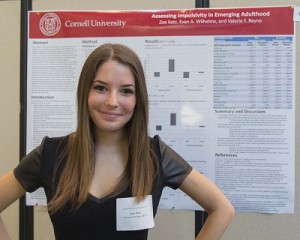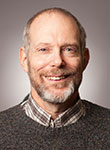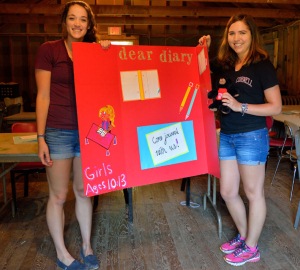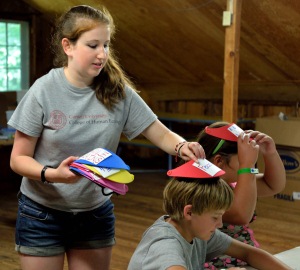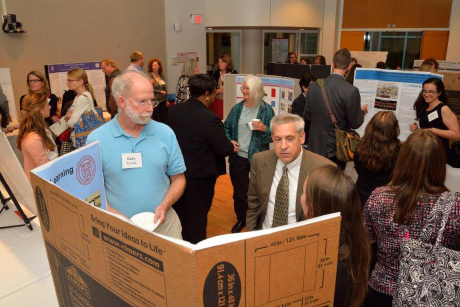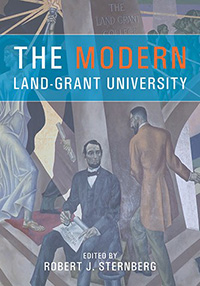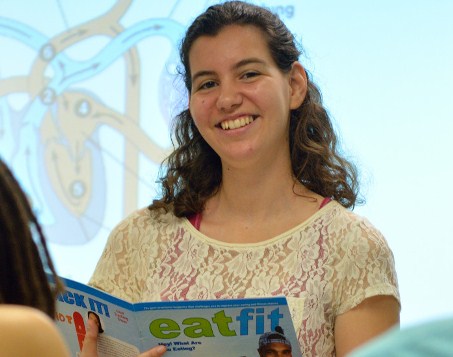Reprinted from The Cornell Chronicle, June 5, 2017.
By Stephen D'Angelo
In stark contrast to adolescent daily life prior to the digital age, social media allows today’s youth to see and interact with myriad individuals, images and information at any time, from any place.
This new reality has profound impacts on our interactions. Less clear is what those effects are and how they may shape the later life and social relationships of the youth growing up in it.
Such was the focus of the Seventh Annual Youth Development Research Update, a forum that brought more than 50 Cornell Cooperative Extension educators and 4-H program leaders, youth service providers from community agencies and Cornell faculty members from across campus to discuss issues relevant to the well-being and development of children and adolescents on May 31 and June 1.
The event, sponsored by the Program for Research on Youth Development and Engagement (PRYDE), based in the College of Human Ecology, concentrated on productive social media use and youth development through research and evidence-based approaches.
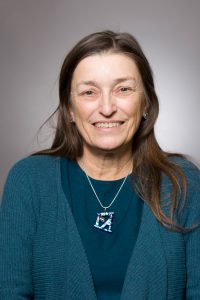
“The idea behind productive social media is that there are ways to encourage youth to develop positive and productive uses of social media,” said Elaine Wethington, professor of human
development and co-director of PRYDE. She also leads the research project Productive Use of Social Media by Youth, which focuses on learning how teens can be “nudged” to make positive uses of social media as they transition into adulthood.
“This is in contrast to the fears that we see in the news how social media is creating bad habits and getting into antisocial behavior, such as bullying, or using social media as a way to distract them from more positive developmental goals,” Wethington said.
The program brings together practitioners and researchers to explore major contributions in this field of research to better understand the impact of social media on youth, which in turn can drive research as well as extension and public outreach programs that help youth and their parents through the murky waters of growing up on social media.
Speakers, including those from the Departments of Human Development and Communication, covered research on youth development and social media in education, moral development, social engagement, health and well-being, career development, and citizenship.
Janis Whitlock, research scientist at the Bronfenbrenner Center for Translational Research, said youth today are not narcissistic, privacy driven, materialistic, antisocial, mean or especially savvy about these new digital platforms. In general, she said, they are very much like everybody else.
“They do however, live in a different world than most of us grew up in, largely due to changes in technology,” she said. “These affordances allow young people to see, experience, interact and learn and know things that were just simply never possible, not even just in the previous generation, but ever in human history.”
Whitlock continued, “This has created a landscape that is unusual, and none of us really know exactly what it means, and there are some amazing opportunities to research this.”
The forum further acted as an opportunity for practitioners to share their expertise with research experts to help guide ongoing and future studies. Brainstorming sessions provided opportunities for attendees to consult on new research projects that focus on youth or that apply current research on social media to youth populations. Topics discussed ranged from cyberbullying to the need for greater media literacy.
Wethington presses that “social media use is a major source of social interaction for youth and can contribute to positive, healthy adolescent development. We are looking forward to working with researchers and practitioner partners alike to promote greater digital literacy for youth – not only teaching kids how to be safe online, but engage with others and grow in positive ways.”
PRYDE is funded by The Morgan Foundation.
Stephen D'Angelo is assistant director of communications for the College of Human Ecology.


